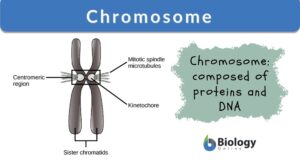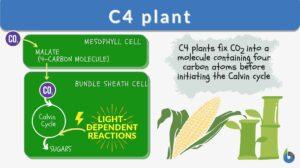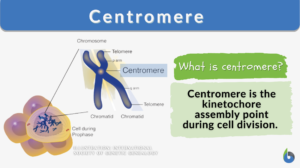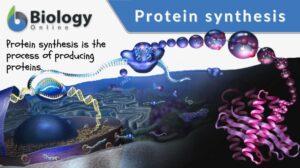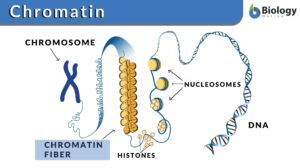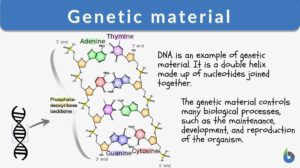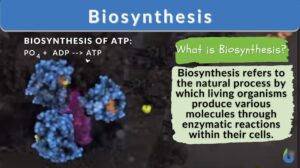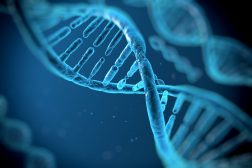Search Results for: encoding
Cytokinesis
The cell cycle of eukaryotes is a cyclical series of biological events that certain asexual cells go through. The cell cycle... Read More
Conjugation
Conjugation generally means the joining or coming together (union), such as in certain unicellular organisms (some bacteria,... Read More
Chromosome
Chromosomes Definition Chromosomes are thread-like structures present in the nucleus of plant and animal cells. Chromosomes... Read More
Consciousness and Behavior
States of Consciousness Defined either by (1) behavior - ranging from attentive and alert to coma and (2) electrical... Read More
Ribosomal ribonucleic acid
Definition noun plural: ribosomal ribonucleic acids ri•bo•so•mal ri•bo•nu•cle•ic ac•id, ˈraɪ... Read More
Micrococcus luteus
Definition noun A gram-positive aerobic harmless bacterium involved in the conversion of nitrate to... Read More
Krebs cycle
Krebs cycle, also known as the citric acid cycle or tricarboxylic acid (TCA) cycle, is a fundamental metabolic pathway that... Read More
Complete dominance
Complete Dominance Definition Genetics is the study of how traits are inherited by organisms and in what ways these... Read More
Centromere
Centromere Definition Centromere is defined as the point of attachment for the sister chromatids generated after DNA... Read More
Protein synthesis
Protein synthesis is the process of creating protein molecules. In biological systems, it involves amino acid synthesis,... Read More
Genetic material
Genetic Material Definition What is genetic material? Genetic material is the hereditary substance in the cell. It carries... Read More
Biosynthesis
Biosynthesis Definition Biosynthesis refers to the production (synthesis) of a complex chemical compound from simpler... Read More
Endoplasmic reticulum
Endoplasmic Reticulum Definition The endoplasmic reticulum is a membrane-bound organelle in cells of eukaryotic cells... Read More
Genetic Control – On and Off Genes
Reviewed by: Mary Anne Clark, Ph.D. This lesson looks at the various factors involved that affect growth and... Read More


